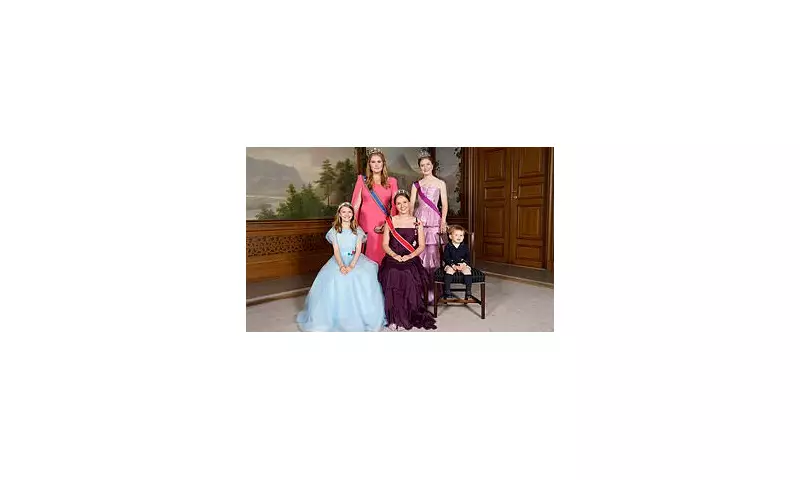
Gone are the days of silent, smiling princesses confined to palace walls. Europe's future queens are rewriting the royal rulebook with surfboards, university parties, and a distinctly modern approach to their birthright.
The Princess Who Surfed Away From Tradition
Princess Leonor of Spain, heir to the Spanish throne, embodies this new era of royalty. The 18-year-old recently completed a demanding military training programme where she learned everything from handling assault rifles to flying planes. Yet this future commander-in-chief balances her royal duties with a passion for surfing and a surprisingly normal university life.
Her younger sister, Infanta Sofia, 17, has joined her at Atlantic College in Wales, where both princesses experience relative anonymity compared to their lives in Madrid.
The Dutch Heiress Who Turned Down Millions
Perhaps the most striking example of this new royal mindset comes from the Netherlands. Princess Catharina-Amalia, 20, made headlines when she voluntarily refused her £1.6 million yearly allowance for three years.
The decision came after she found student life in Amsterdam impossible due to the security concerns and public scrutiny that came with accepting the funds. In a remarkably candid admission, the future queen revealed she felt 'terribly guilty' about the situation and described her first year at university as 'very difficult.'
Belgium's University Royal
Princess Elisabeth, Duchess of Brabant and future Queen of Belgium, has been studying at Oxford University after completing her education at Atlantic College in Wales. The 22-year-old, who is fluent in Dutch, French, and English, represents a new type of European monarch—globally educated and comfortable both in palace receiving lines and student common rooms.
A Generation Preparing to Shake Monarchies to Their Foundations
These young women share more than just royal blood. They represent a fundamental shift in how European monarchy functions in the 21st century:
- Educational independence: All are pursuing higher education outside palace walls
- Global perspective: International schooling and multilingual abilities
- Personal passions: From surfing to student parties, they maintain lives beyond duty
- Financial awareness: Demonstrated by Amalia's refusal of her allowance
- Relatable struggles: Open about the challenges of royal life
As they prepare to inherit thrones across Europe, these young women aren't just waiting for crowns—they're actively shaping what monarchy will mean for their generation. And if their current approach is any indication, Europe's royal houses are in for their most significant transformation in centuries.





